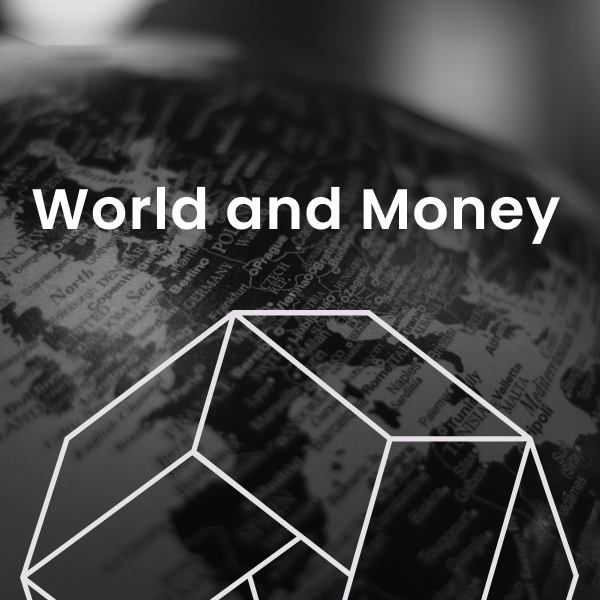

Beyond Stocks and Bonds: How Rare Books Can Enrich Your Investment Portfolio
1/16/2024When market volatility is as common as your morning coffee, finding a stable investment feels like searching for a needle in a haystack. But what if I told you that the answer might be sitting on your bookshelf, nestled between dusty tomes and forgotten classics?
Welcome to rare book investing – an unconventional yet increasingly popular hedge against the whims of the stock market.
Why Books, You Ask?
With digital media taking over, the unique appeal and rarity of physical books only increased.
Take, for instance, the astounding sale of a Hebrew Bible for a record-breaking $38.1 million at Sotheby’s. Or consider the global market for rare books, including maps and manuscripts, which reached $1.06 billion in 2022.
These numbers don’t just indicate a booming market; they reveal a growing appreciation for the tangible, historical, and emotional value of books.
Books are more than just vehicles of stories or knowledge. They're time capsules, gateways to different eras, and emblems of cultural significance. “Owning a book can connect you directly with the past in a way that is very satisfying,” remarks Ian Ehling, director at Bonhams.
Beyond the financial gains, investing in rare books is an engaging and intellectually stimulating hobby. Imagine unearthing the first edition of Isaac Asimov’s ‘Foundation and Earth’ in a quaint bookstore, much like Sam Dogen did in 1991, only to see its value skyrocket to over $1,000!
Pros and Cons: A Balanced View
Like any investment, rare books come with their share of pros and cons.
The upside? They offer a hedge against market volatility and a unique diversification of assets.
The downside? It's not a quick path to riches, and factors like condition and rarity are pivotal.
New collectors often mistake age for value, a misconception that leads to misguided investments. “Even the smallest crease or mark can lower the value of a book,” cautions Mr. Dogen.
The Art of Choosing
Starting your journey in rare book collecting requires a blend of passion and prudence.
Experts advise beginning with genres you’re passionate about. Are you drawn to Victorian literature? Or do scientific manuscripts from the Enlightenment pique your interest? Zero in on a niche and learn its intricacies.
Remember, the condition and rarity of the book, its historical significance, and its association with notable figures are key factors that dictate its value.
The next big question is – where to find these hidden gems?
While auction houses like Christie’s and Sotheby’s are the go-tos for high-end collectors, there’s a whole world out there for the discerning eye. Thrift stores, estate sales, and online platforms like AbeBooks and Biblio are treasure troves for rare finds.
A Rich Investment in More Ways Than One
Investing in rare books is more than a financial decision; it's a journey into the heart of history, art, and culture. It’s an investment in literature, not just in leather-bound pages.




